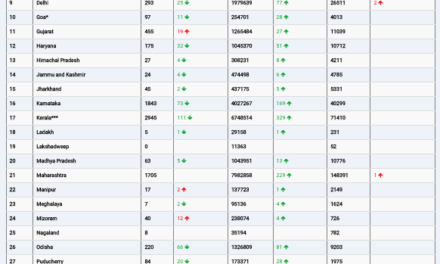Recent research conducted by the French scientific interest group ANSM-Cnam EPI-PHARE has shed light on a potential safety signal associated with mRNA vaccination against COVID-19. The study, published in October 2022, highlights an increased risk of menstrual disorders, particularly unusually heavy menstrual bleeding, following vaccination.
While reports of menstrual disorders post-vaccination had surfaced in France and were added to product characteristics summaries and vaccine leaflets for mRNA vaccines, few studies had accurately measured this risk until now.
The study, which assessed the risk for heavy menstrual bleeding requiring hospitalization after COVID-19 vaccination in France, included 4610 women aged 15-50 years diagnosed with heavy menstrual bleeding between May 12, 2021, and August 31, 2022. Each participant was matched with up to 30 control women with similar characteristics.
Results showed that women hospitalized for heavy menstrual bleeding were more likely to have received their last dose of mRNA vaccine (Comirnaty or Spikevax) in the previous 1-3 months, indicating a 20% increased risk compared to control women. This association was particularly notable for women residing in socially disadvantaged communities and those not using hormonal contraception.
However, the increased risk did not extend beyond 3 months after vaccination, suggesting a temporal relationship between vaccination and symptom onset. Researchers estimated that 8 cases per million vaccinated women could be attributable to vaccination.
Despite these findings, researchers caution that further studies are needed to confirm the causal relationship and understand the underlying mechanisms. As of the study date, none of the authors reported conflicts of interest with pharmaceutical companies.
This study contributes valuable insights into the potential side effects of COVID-19 mRNA vaccination and underscores the importance of ongoing monitoring and research to ensure vaccine safety and efficacy. It also emphasizes the need for healthcare providers to be aware of and address potential menstrual disorders following vaccination.











